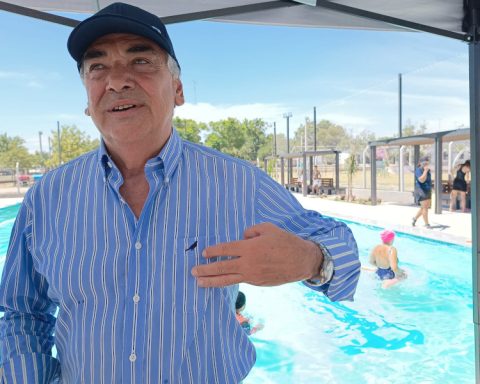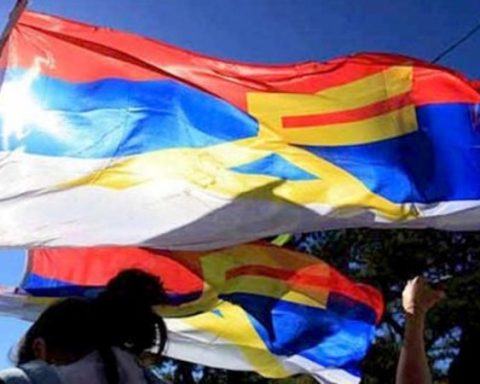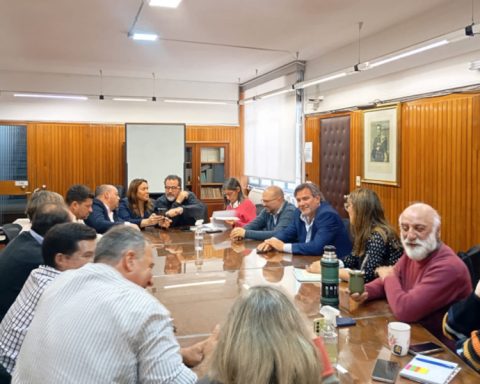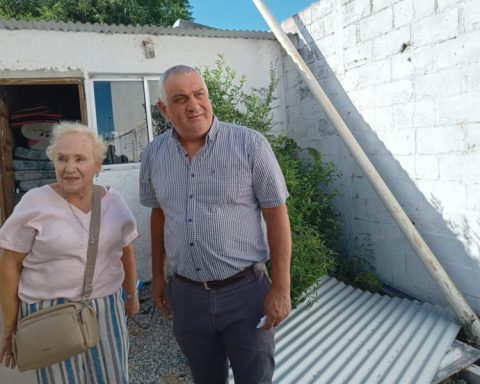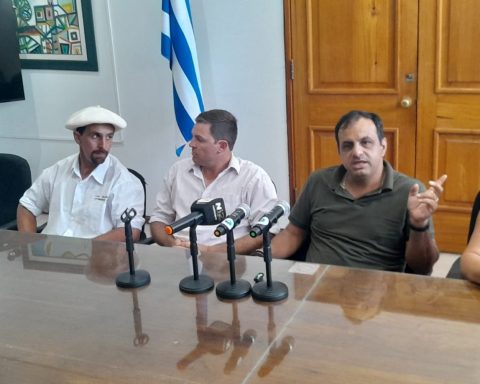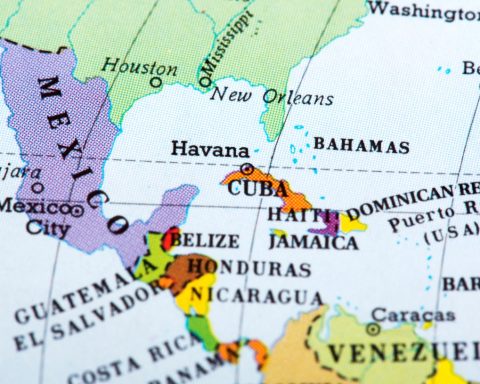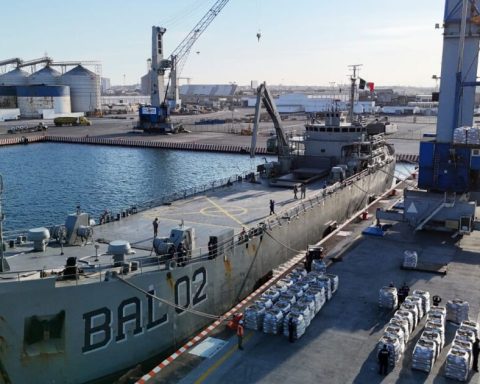This Thursday, January 12, the Ministry of Livestock, Agriculture and Fisheries (MGAP) will begin to communicate with producers to confirm their access to Microfinance credits in the framework of the agricultural emergencytwo months after the declaration of emergency due to drought began, informed The Observer Luis Maria Carresse.
Producers affected by the lack of water can request support from the Emergency Agricultural Fund (FAE), but so far they have not accessed the requested money, producers told The Observer. As detailed by Carresse, 700 producers requested access to the credit granted by Microfinancewhile 150 to 200 producers applied for a loan from the National Development Agency (WALK).
The ministry declared an emergency due to the water deficit that for the third consecutive year affects the countryside, affecting the growth of pastures, the availability of water for irrigation and drinkers and generating cattle deaths in some areas of the country.
Delay
The director of Decentralization maintained that just as the FAE credits have two great advantages, “only one signature, the agility of the paperwork and 2% to four years in dollars”, they also have a disadvantage: the delay.
“Like any issue of a state nature and public policy that manages public funds, it must, yes or yes, go through a lot of roads, including the Court of Accounts, which makes it slow to arrive in the territory. Time cannot be lowered in that because these are inter-institutional times”, he assured.
As confirmed, the calls that will begin this Thursday will be for the producers to sign their vouchers to have the money credited to their accounts.
Other item in emergency
Minister Fernando Mattos confirmed that MGAP studies extending the declaration of agricultural emergency. Next Monday the Agricultural Emergency Committee will meet, a team in charge of advising the minister on this matter, and the decision will be made.
Carresse opined that “it is imminent” to continue with the emergency and stressed that in addition to the credits, other aids have been promoted, such as the grazing permit on public roads.
“Today we are no better than in October (when the emergency was declared) and everything indicates that the emergency should continue,” said the director.
In December the MGAP bale distribution operation ended, which began in September and for which 3,000 bales at US$18 each were awarded to more than 60 producers.
The director also appreciated the rural BPS payment deferral.
In addition to the supports, Carresse added that It is intended to add the beekeeping item to the emergency declarationwhich until now was not included within the affected sectors, but currently they are affected at the level of the hives, he commented.
At the end of the tour, the ministry authorities will meet with members of the Canelón Chico Rural Development Society.

